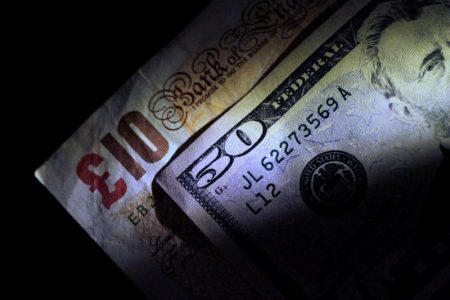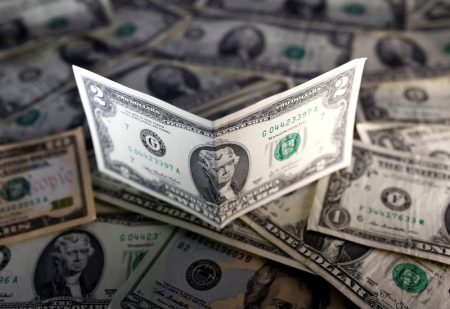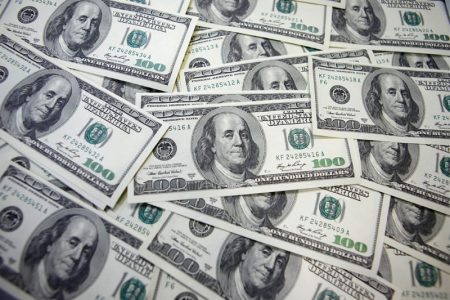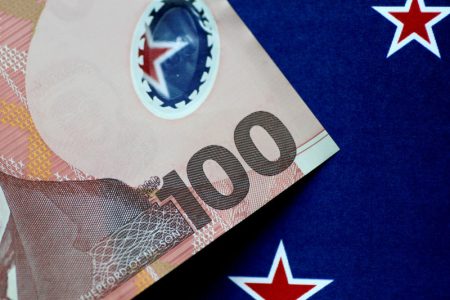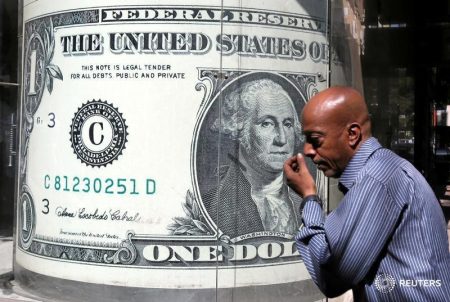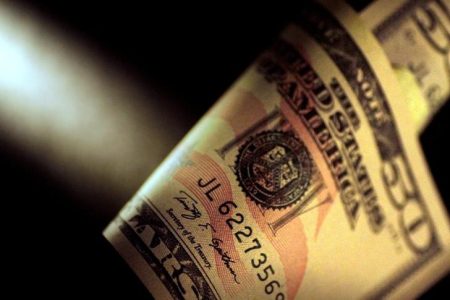TOKYO (Reuters) – Japan passed on Friday an extra budget worth around 13.1 trillion yen ($88 billion) aimed at helping households cope with the rising cost of living and corporations boost domestic investment, even amid concerns over the country’s worsening finances.
The government plans to issue about 8.9 trillion yen in new bonds in the extra budget to fund an economic package featuring temporary cuts to income tax, payouts to low-income families and subsidies to curb gasoline and utility bills.
The government will also allocate roughly 2 trillion yen to support efforts to boost its chip industry, marking the latest move by the Asian nation to reclaim its past glory in the critical sector.
The additional issuance would bring total Japanese government bond (JGB) issuance for this fiscal year to around 44.5 trillion yen.
The extra budget bill will be sent to the upper house for further debate and final approval as early as next week.
The spending plan has raised worries that it could further strain Japan’s fiscal position, and possibly derail the government’s aim of balancing its primary budget by the year ending in March 2026.
Fiscal reform is an urgent task for Prime Minister Fumio Kishida’s government, which is saddled with the industrial world’s heaviest public debt at more than twice the size of the economy, the world’s third-largest.
Analysts doubt whether the roughly 5 trillion yen to be spent on tax cuts and payouts would do much to stimulate consumer spending and overall economic growth.
Several rounds of huge extra budget spending in recent years due to the COVID-19 pandemic have aggravated Japan’s already dire public finances.
($1 = 149.6200 yen)
Read the full article here







